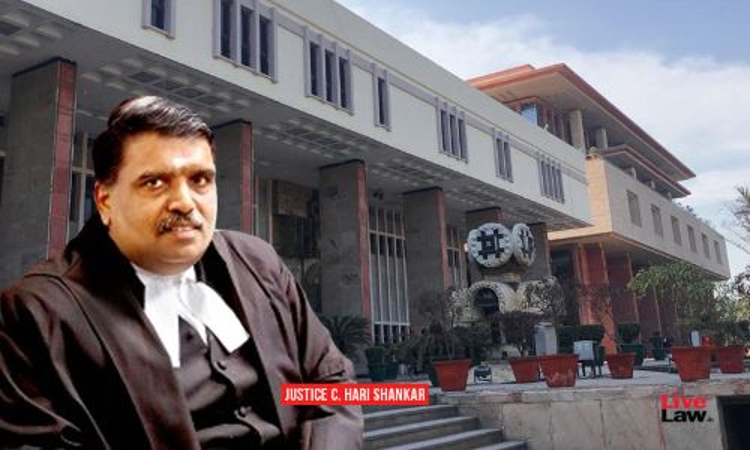The Delhi High Court has settled down the basic principles relating to bank guarantees, their invocation and the interdiction of such invocation. While observing that commercial contracts often contain clauses requiring the contractor to furnish bank guarantees, Justice C Hari Shankar said that such bank guarantees are either bank guarantees provided towards security for having been awarded...

